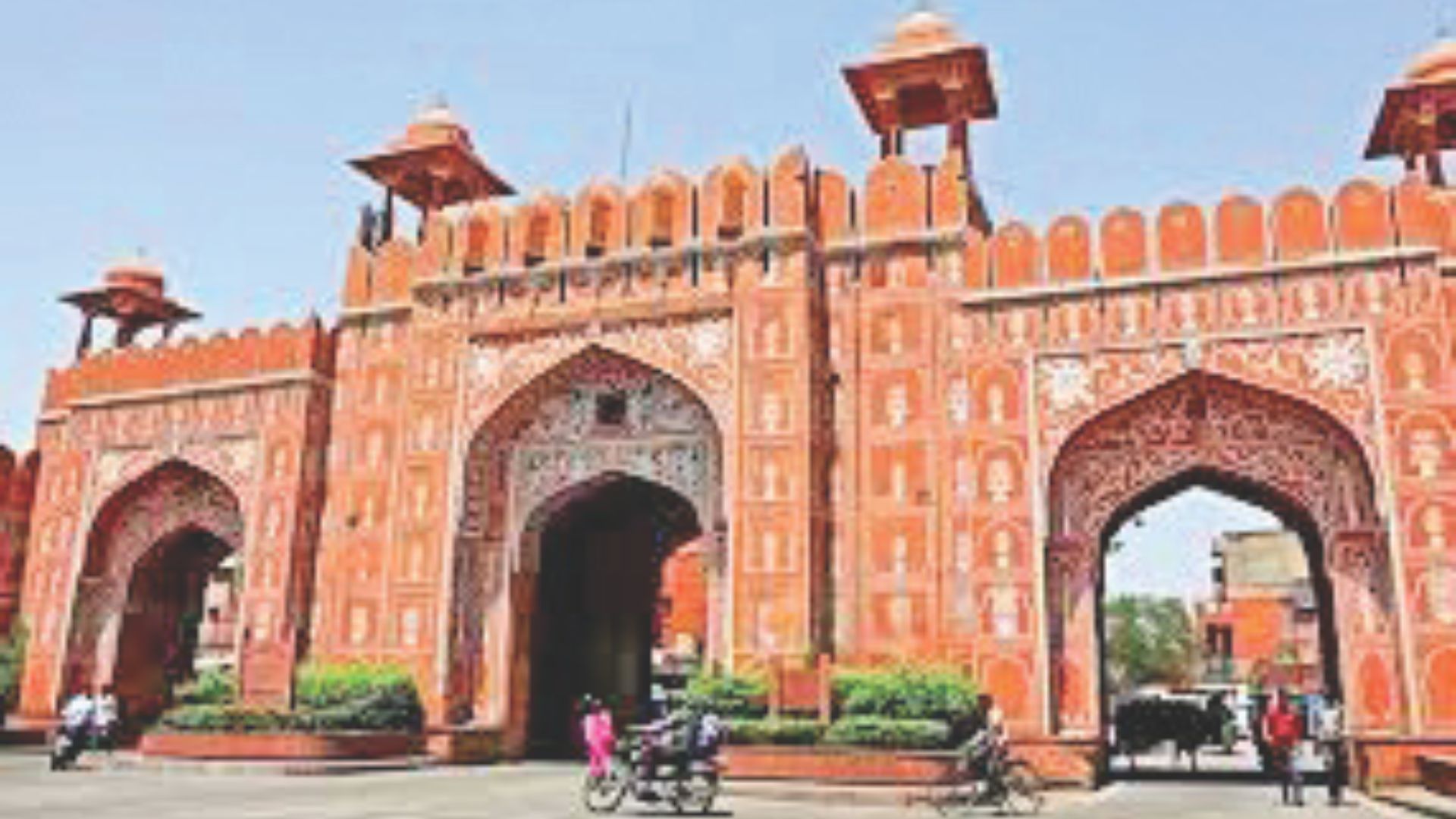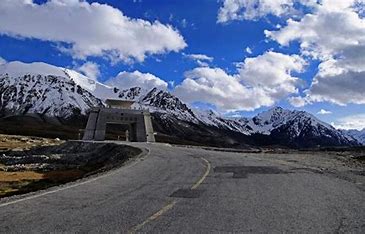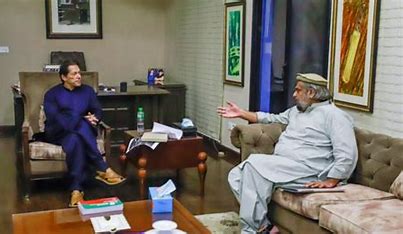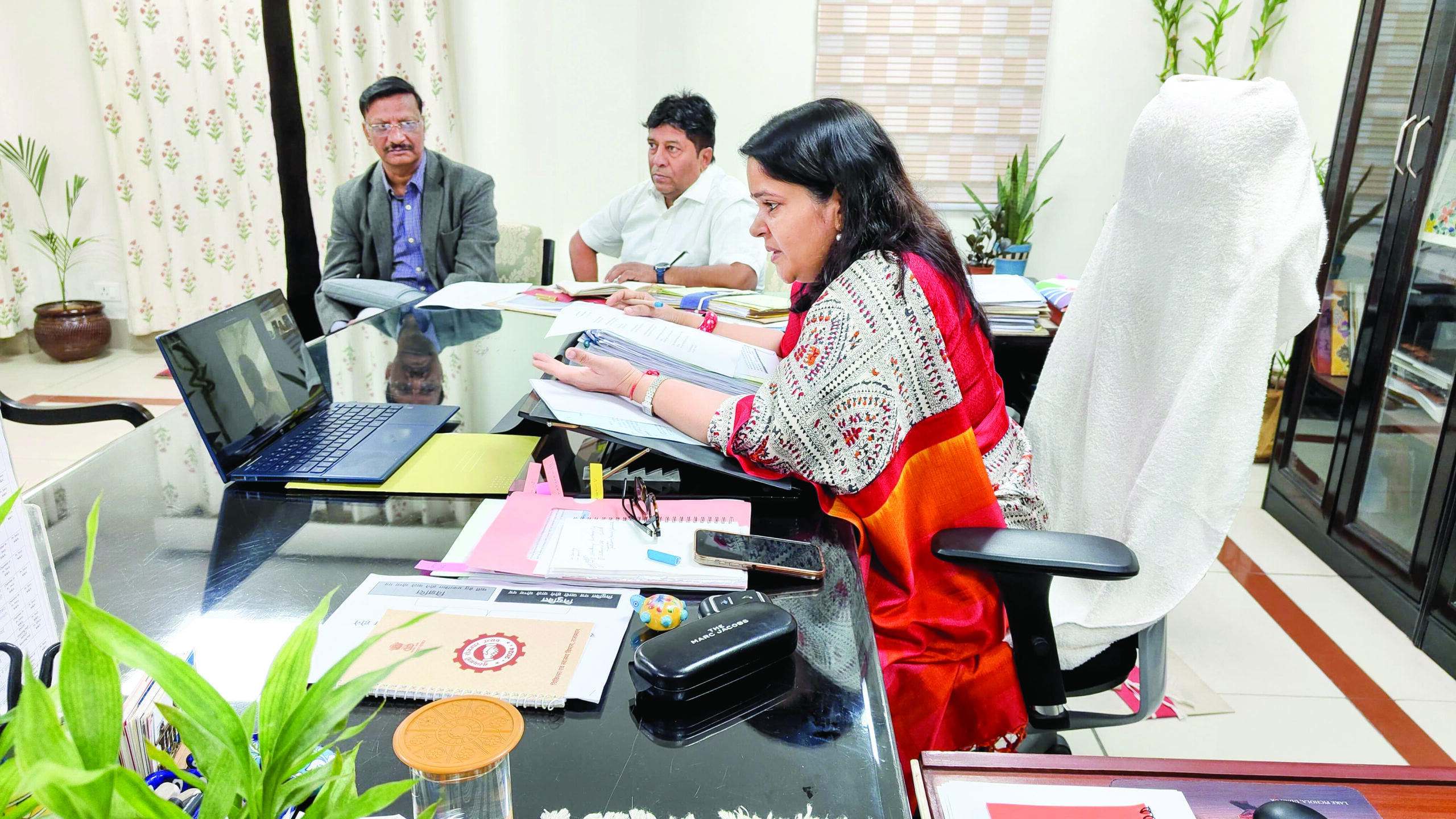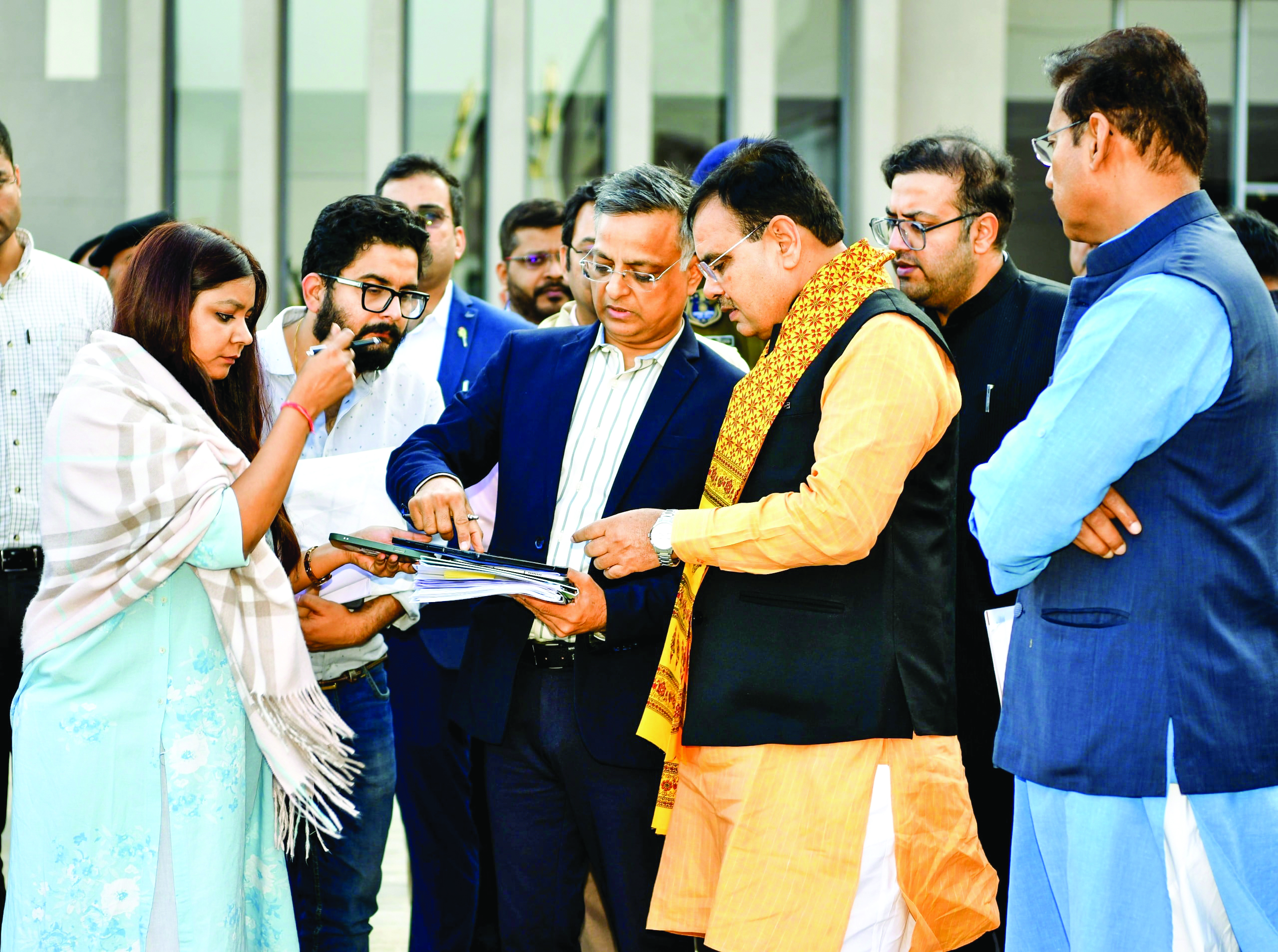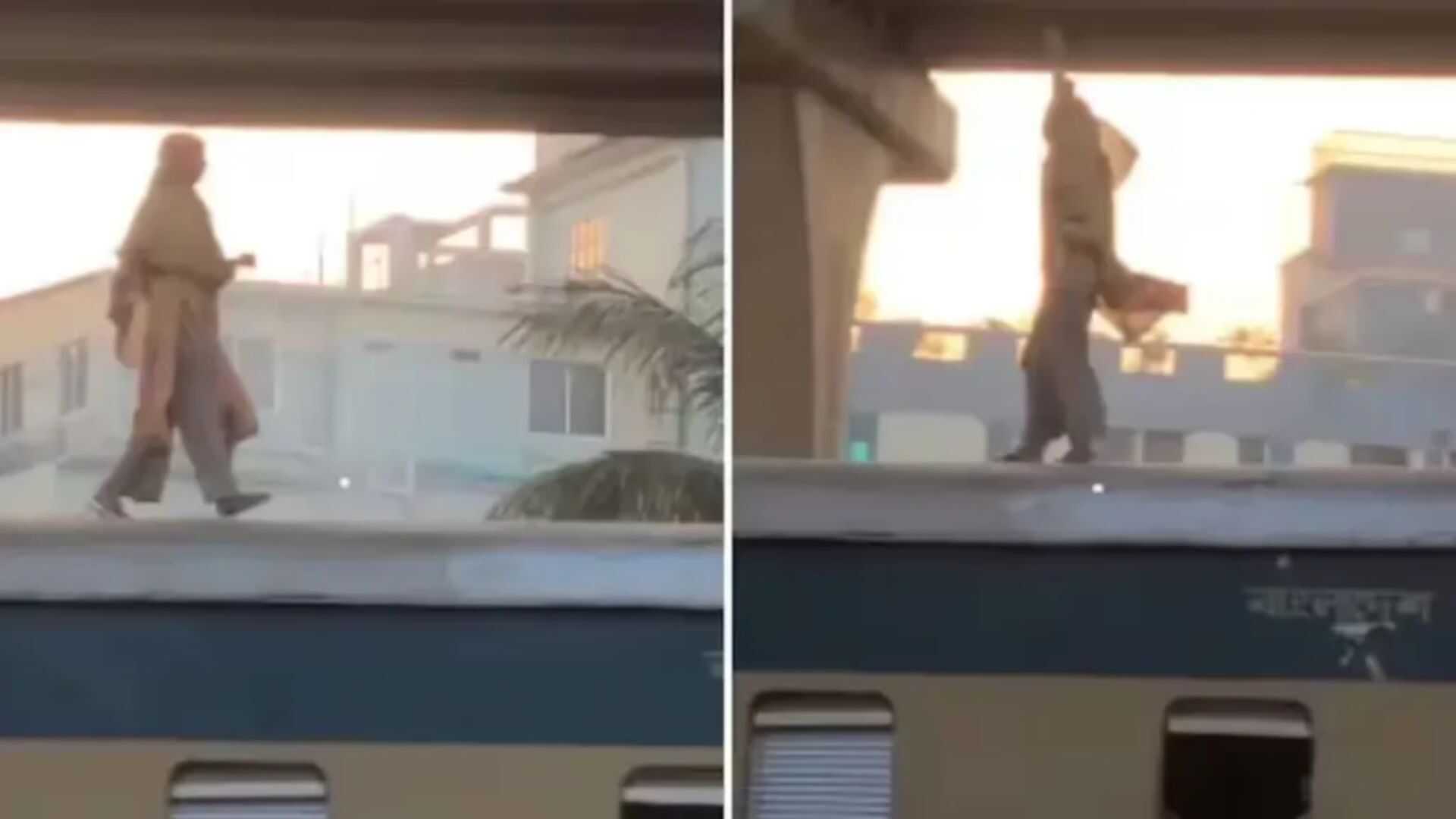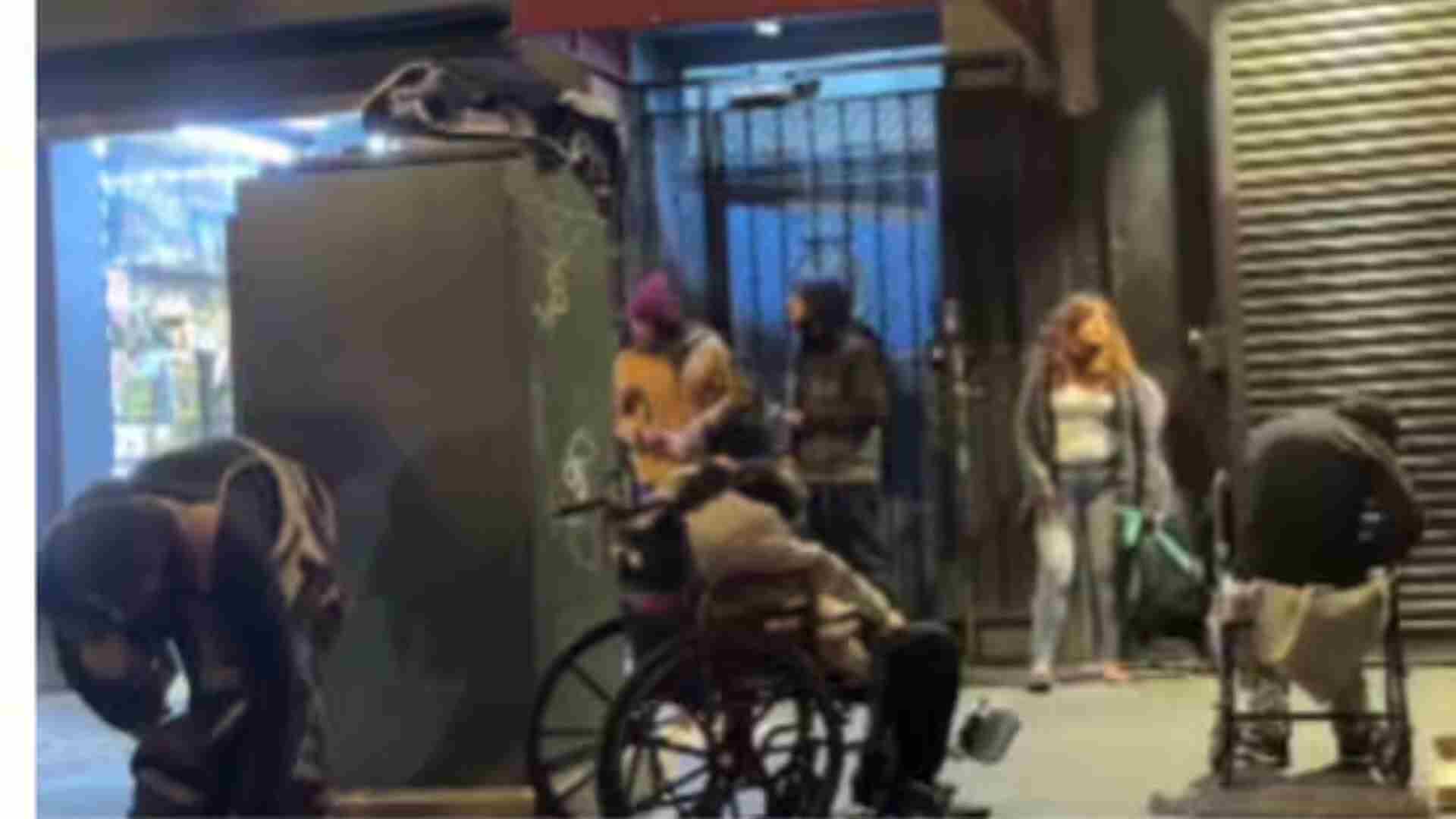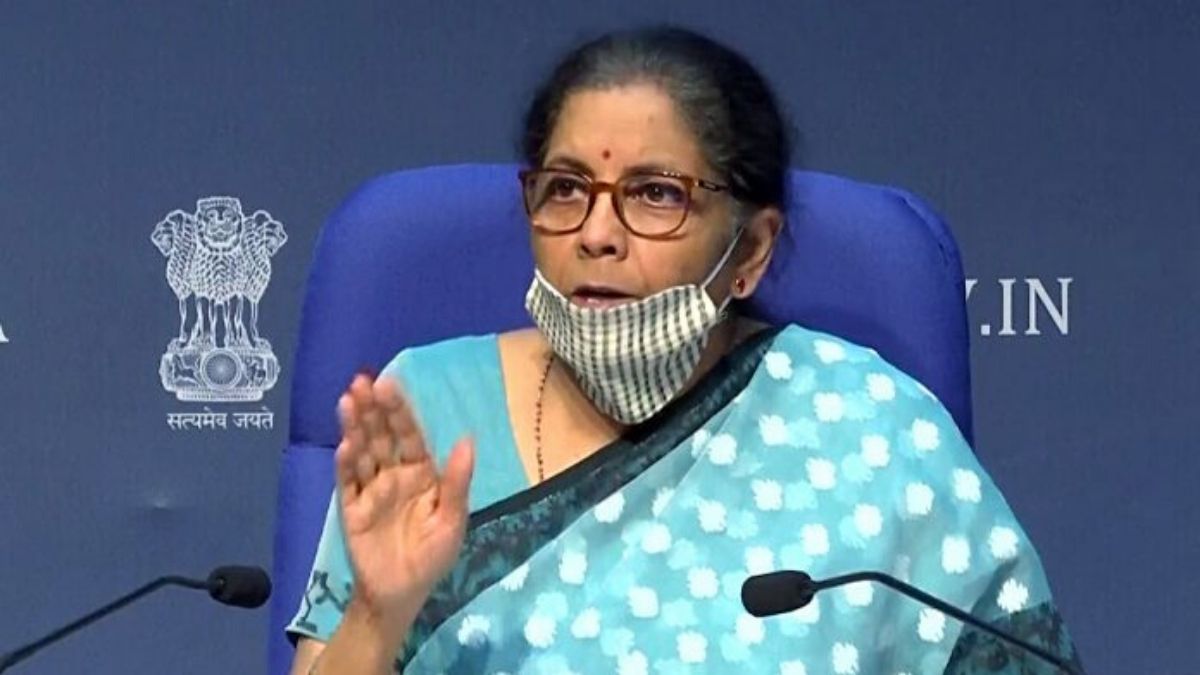
Elaborating on the Agriculture Infrastructure and Development Cess (AIDC), announced in the Union Budget 2020-21, Union Finance Minister Nirmala Sitharaman on Sunday said that this cess would help fund agricultural infrastructure activities.
During an interaction with the media on the Union Budget 2021-22 here, Sitharaman said that money collected through AIDC will go back to the states. “With customs duty reduced to some extent, AIDC has been brought in. Now an importer will probably pay less than before when there was no cess at all. With this cess, the government will have some money for funding agricultural infrastructure activities. Since such infrastructure is built at the state level, the money collected will go back to states,” she said.
In her budget presented on Monday, Sitharaman had announced 100 per cent AIDC cess on alcoholic beverages.
Commenting upon the professionalisation of banks in the country, Finance Minister said, “Banks themselves are agreeing to form something like a holding company, cull out bank assets and put them in those companies that will do the job. We have come up with a bank-driven solution and not a government-driven solution. I am glad that the Reserve Bank of India is also working with banks.”
“Bad assets or disposal of bad assets is not something banks are equipped to deal with at the moment. Banks need to run with a lot more sense of business, with more understanding of credit requirements and professional decision making. Banks have started appointing risk-assessment managers. I encourage that,” she added.
The Finance Minister said that the government is releasing Goods and Services Tax (GST) compensation to respective states promptly every Monday. “As part of GST compensation formula, loans are arranged by the Centre to lend to states. Every Monday, I retrieve data from Finance Ministry’s handle to see how much money has been allotted to respective state governments. I personally take note of the data, as to which state has to be given compensation and the amount of GST compensation, from Finance Ministry’s handle,” she said. She said when developed economies are still struggling even today, “We have sort of found a way to survive in it. The credit goes to our citizens, who have done this remarkable exercise in resilience.”
